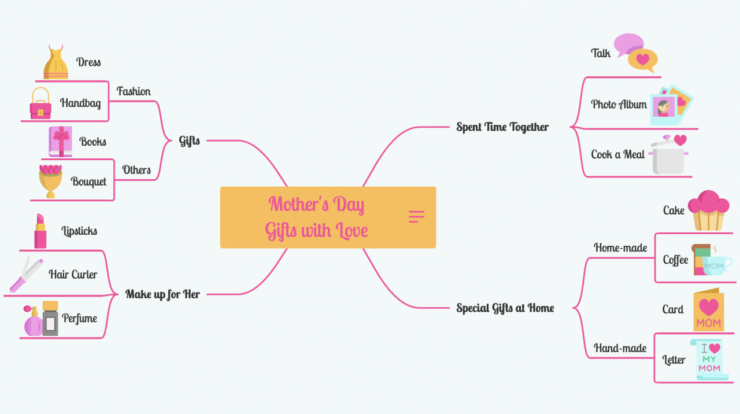
Eclat meaning unveils the multifaceted nature of a word that captures the essence of brilliance, splendor, and distinction. From its etymological roots to its cultural significance, this exploration delves into the depths of a term that has left an indelible mark on language and society.
As a noun, eclat denotes a dazzling display of brilliance or achievement that commands attention and admiration. Its verb form, meaning to burst forth or shine, evokes images of radiance and exceptional performance. Whether used to describe a triumphant victory or an extraordinary artistic creation, eclat conveys the profound impact of something truly remarkable.
Etymology and Origin
The word “eclat” is derived from the Old French word “esclat,” meaning “splinter” or “fragment.” It entered the English language in the 16th century and has since taken on a range of meanings.
Historical Influences
The original meaning of “eclat” as a “splinter” reflects its use in describing the breaking of wood or other materials. Over time, the word came to be associated with the idea of a sudden or dramatic event, such as an explosion or a battle.
Definitions and Meanings: Eclat Meaning
Noun
- A brilliant display or achievement.
- A sudden and striking event.
- A burst of light or sound.
Verb
- To shine brightly.
- To make a sudden and striking impression.
- To burst forth with light or sound.
Synonyms and Antonyms

Synonyms
- Brilliance
- Splendor
- Radiance
- Magnificence
Antonyms
- Dullness
- Dimness
- Obsurity
- Tarnish
Usage and Examples
“The actress took a bow to the thunderous eclatof the audience.”
“The team’s victory was a sudden and dramatic eclatthat shocked the world.”
“The fireworks eclatedinto the night sky, illuminating the city with their brilliance.”
Cultural and Societal Impact

“Eclat” is a word that has been used to describe moments of great triumph and achievement throughout history. It is often associated with military victories, artistic masterpieces, and scientific breakthroughs.
Social Norms and Values
The word “eclat” has helped to shape social norms and values by emphasizing the importance of excellence, brilliance, and achievement. It has encouraged people to strive for greatness and to celebrate the accomplishments of others.
Literary and Artistic Expression
“Eclat” is a word that has been used by authors and artists for centuries to convey emotions, ideas, and themes.
Literature, Eclat meaning
In literature, “eclat” is often used to describe moments of great drama or intensity. It can be used to highlight a character’s triumph or to foreshadow an impending disaster.
Art
In art, “eclat” is often used to create a sense of brilliance or radiance. It can be used to draw attention to a particular element of a painting or sculpture or to create a mood of wonder or awe.
Closure
In conclusion, eclat meaning illuminates the power of words to encapsulate the essence of human endeavor and achievement. Its multifaceted nature mirrors the complexities of life itself, encompassing both the brilliance of triumph and the enduring legacy of cultural impact.
As we delve deeper into the linguistic tapestry, we continue to unravel the rich meanings and nuances that make eclat a truly exceptional word.
Quick FAQs
What is the origin of the word “eclat”?
The word “eclat” originates from the French word “éclat,” which means “splinter” or “burst.” It is derived from the Latin word “exclamare,” meaning “to cry out” or “to exclaim.”
What are some synonyms for “eclat”?
Synonyms for “eclat” include brilliance, splendor, distinction, glory, and radiance.
What are some antonyms for “eclat”?
Antonyms for “eclat” include dullness, obscurity, and mediocrity.
How is “eclat” used in a sentence?
“Eclat” can be used in a sentence to describe something that is brilliant, splendid, or distinguished. For example, “The singer’s performance was met with great eclat.”





